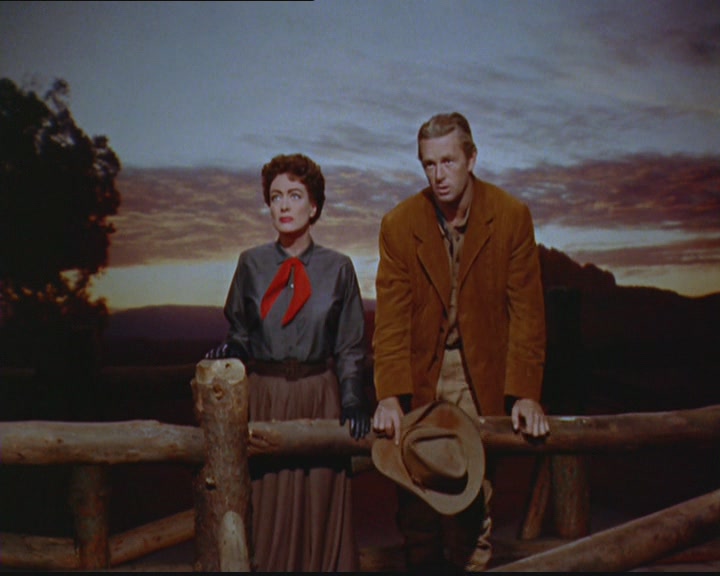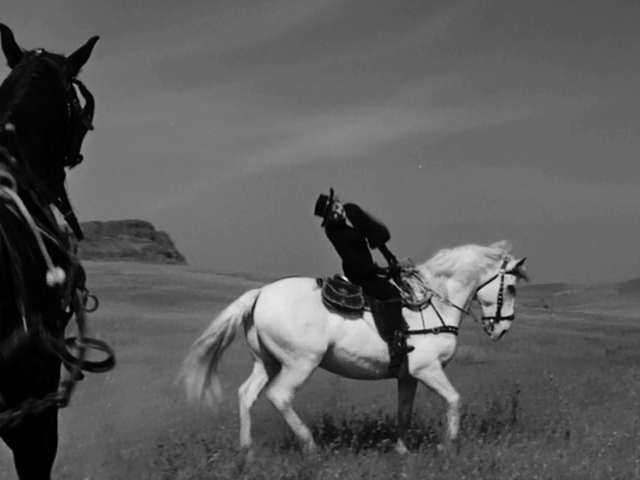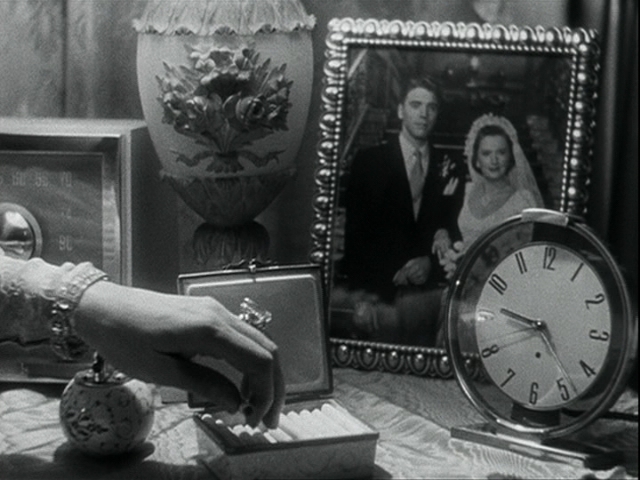American Cinema of the 1950s
Hollywood in the 1950s was an industry in decline, even while it produced some of the strongest films of its history. With the rise of independent productions, the competition of TV, and major shifts in the social fabric, American cinema was dramatically changed during this decade.


